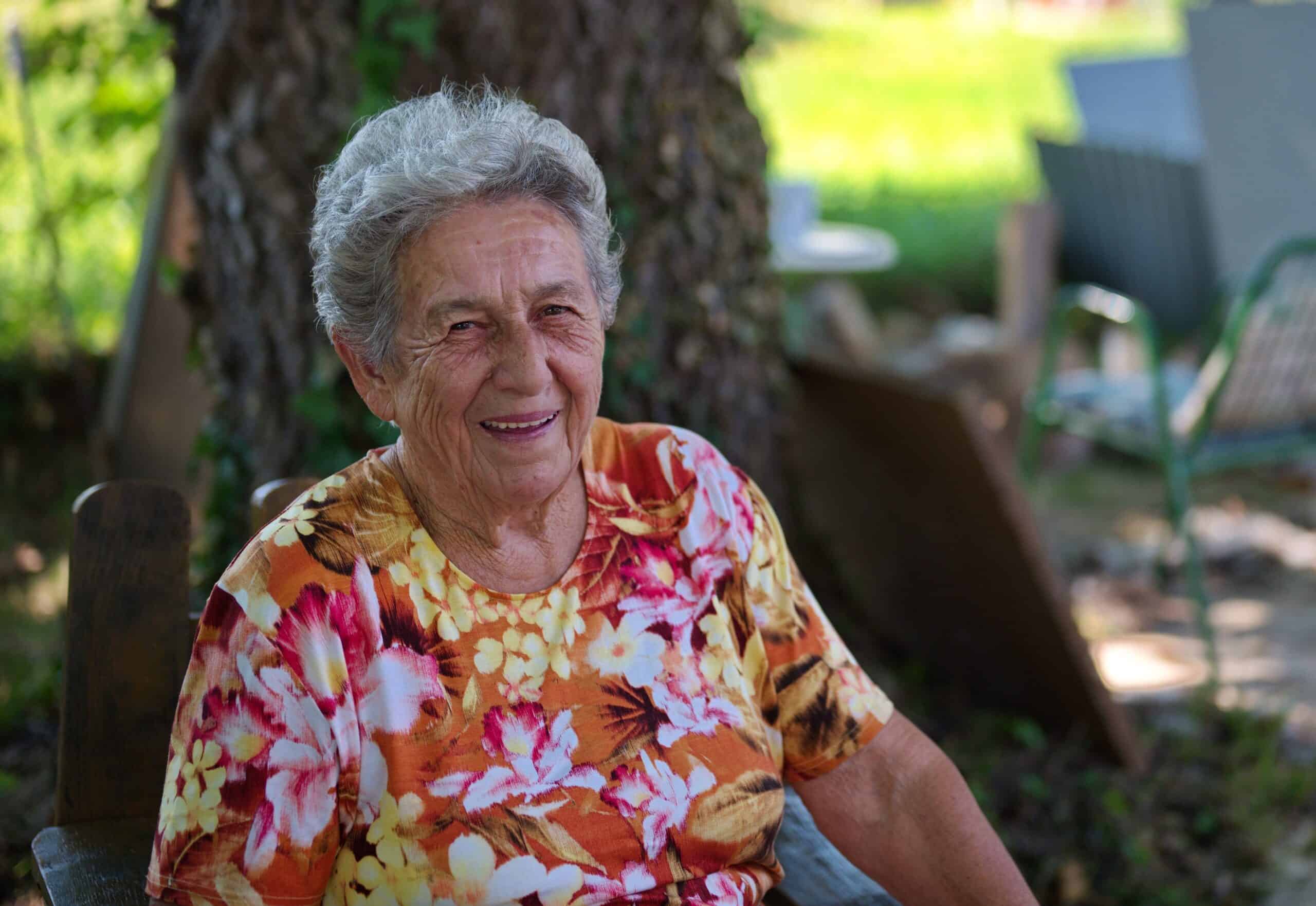Balance Problems for Seniors
Coming to the Clubhouse and exercising can reduce your chances of falling!
In 2008, an estimated 14.8 percent of American adults (33.4 million) had a balance or dizziness problem during the past year.
Why Good Balance is Important
Having good balance means being able to control and maintain your body’s position, whether you are moving or remaining still. An intact sense of balance helps you
walk without staggering
get up from a chair without falling
climb stairs without tripping
bend over without falling
The part of the inner ear responsible for balance is the labyrinth. To maintain your body’s position, the labyrinth interacts with other systems in the body, such as the eyes, bones and joints. Good balance is important to help you get around, stay independent, and carry out daily activities.
When People Have Problems with Balance
As they get older, many people experience problems with their sense of balance. They feel dizzy or unsteady, or as if they or their surroundings were in motion. Disturbances of the inner ear are a common cause.
Vertigo, the feeling that you or the things around you are spinning, is also a common symptom.
According to the Centers for Disease Control and Prevention, roughly more than one-third of adults ages 65 years and older fall each year. Among older adults, falls are the leading cause of injury-related deaths.
There are many ways to treat balance disorders. Treatments vary depending on the cause. See your doctor if you are experiencing dizziness, vertigo, or other problems with your balance.
(Reprinted from NIHSeniorHealth.gov website).
The post Balance Problems for Seniors appeared first on Aging With Grace.






